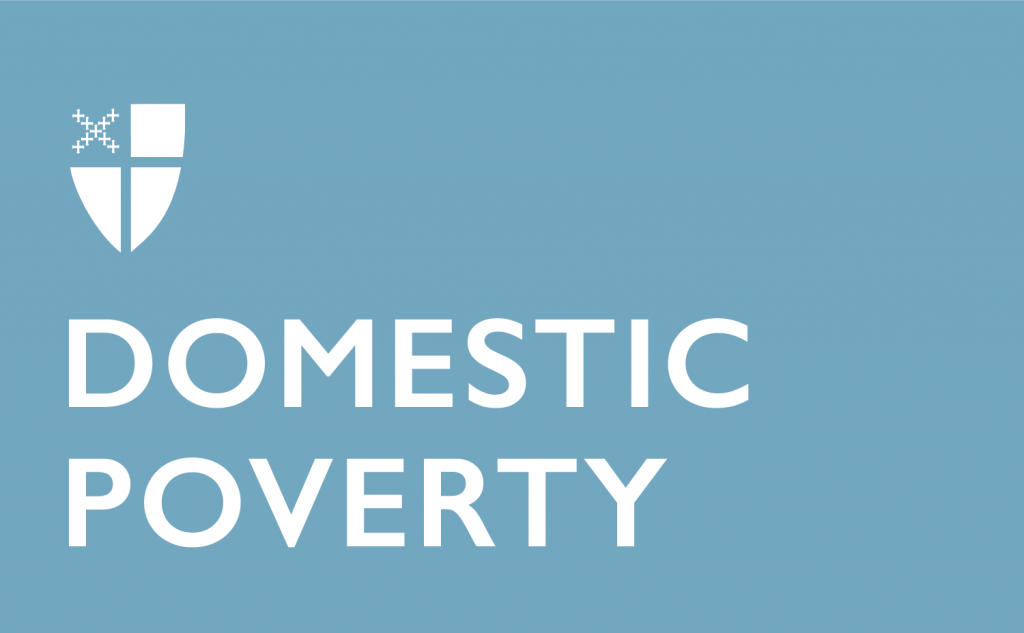Banks-Caddell Neighborhood Partnership
Imagine for just a minute that you are in the 3rd grade again.
When school is out, you ride the bus home to an empty house. Mom is at work and will not arrive home until 5:30 or 6:00 p.m. You have a little sister who is five years old that you have to look out for until Mom gets home. The sun is shining and you’d much rather be outside kicking a soccer ball around with your friends. Besides watching your sister, you’re supposed to be doing your homework because Mom wants it done by the time she gets home. She’s always too tired to help and has a hard time reading anyway.
You get out your math book and turn to the chapter you began this week. Your class is working on telling time. You look at the first exercise: “It’s 2:45. How much time has passed since 2:15?” You try to remember what Miss Kingsley said about minutes and hours. Your little sister is asking for a snack. She’s hungry and there’s nothing to feed her. You’re hungry too but you know there won’t be any money for groceries until Friday, four whole days away. Supper, when Mom finally gets home, will be a can of beans and maybe a hot dog with no bun. It’s hard to think about minutes and hours when your stomach is growling and your sister is crying. Why does life have to be so hard?
St. John’s Episcopal Church in Decatur, Alabama, has seen the needs of their neighbor, Banks-Caddell Elementary School. From a 96% student poverty rate to low performance on reading tests to a historically underserved student population, Banks-Caddell was ready for investment by their community.
Already connected to the school by the efforts of a parish volunteer, the school sought out a relationship with the principal, who had recently implemented a tutoring program among English as a Second Language (ESL) students. Her dream was to extend that program to other students who lacked support at home. The parishioners and St. John’s were delighted to have the opportunity to serve more than 20 students who might otherwise fall through the cracks.
The Banks-Caddell Partnership would have two main components: Homework Helpers, providing snacks, volunteer tutors, and transportation to 25 students after school, and the Backpack Program, filling and distributing backpacks with non-perishable food on Fridays, to students who received free lunches during the week.
Banks-Caddell Elementary’s principal has found the program to be an outstanding success, allowing students to focus on schoolwork in a safe, secure and risk-free environment, providing an additional academic and emotional support system for students, and preparing these young people for class, thus impacting not only their academics, but also their self-confidence.
The results of the Partnership have been gratifying; within its first year, 77% of students raised their reading test scores, and 82% raised their math test scores. Significantly, 4 students increased their reading level by a grade or more and 9 students increased their math level by a grade or more– over 8 weeks! When asked about their excitement for the program, students said, “I liked finishing my homework and I liked the people.” Another commented, “My favorite part was working on my multiplication and division.”
St. John’s Episcopal Church, Decatur, has done wonderful work launching the Banks-Caddell Neighborhood Partnership, serving God and each other through the selfless giving of time and resources. Perhaps the greatest accolade they could receive is a young student remarking, “I felt special because I was learning.”
Banks-Caddell Neighborhood Partnership’s work received the recognition of Jubilee Ministries in 2014 when they won a $1,500 Program Impact Grant.

